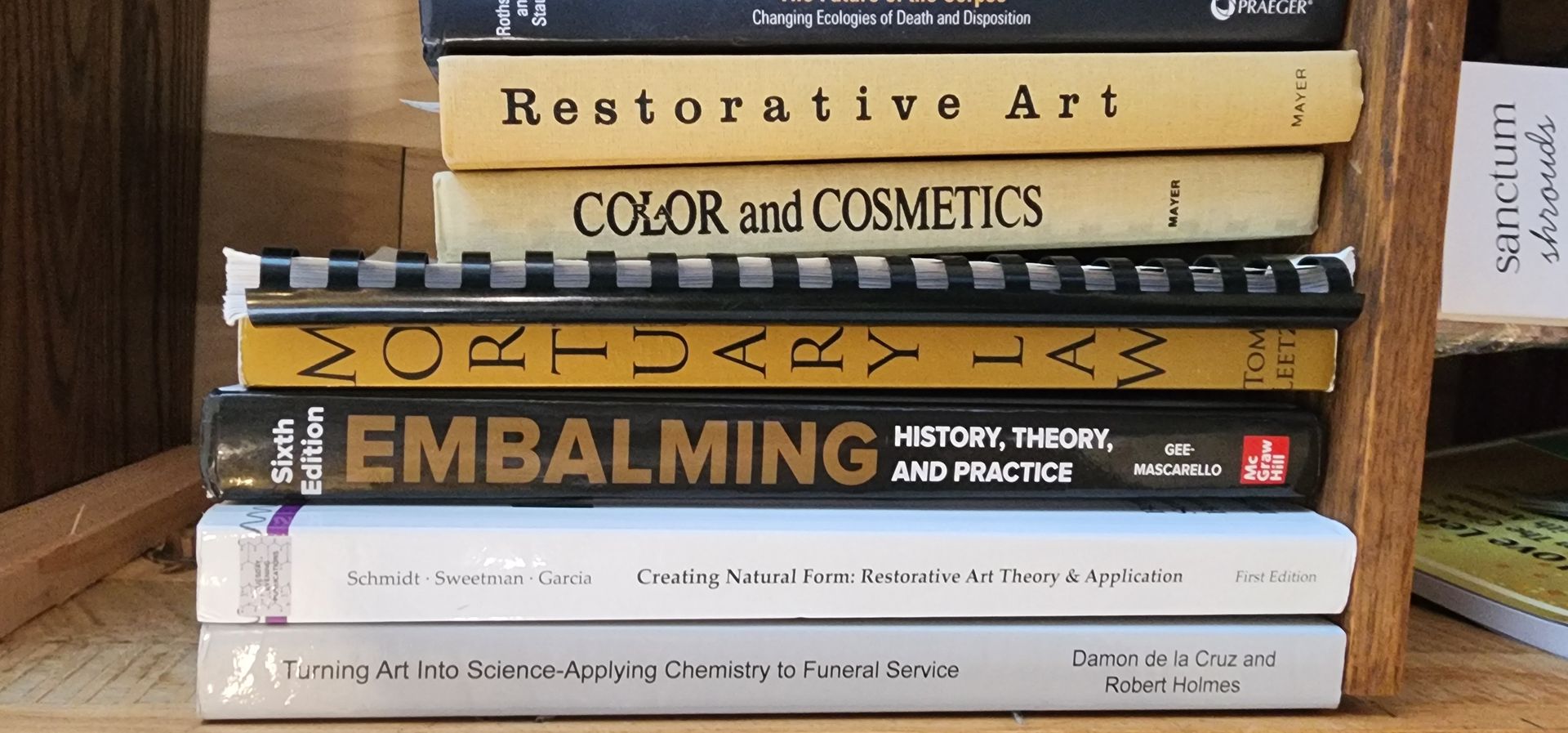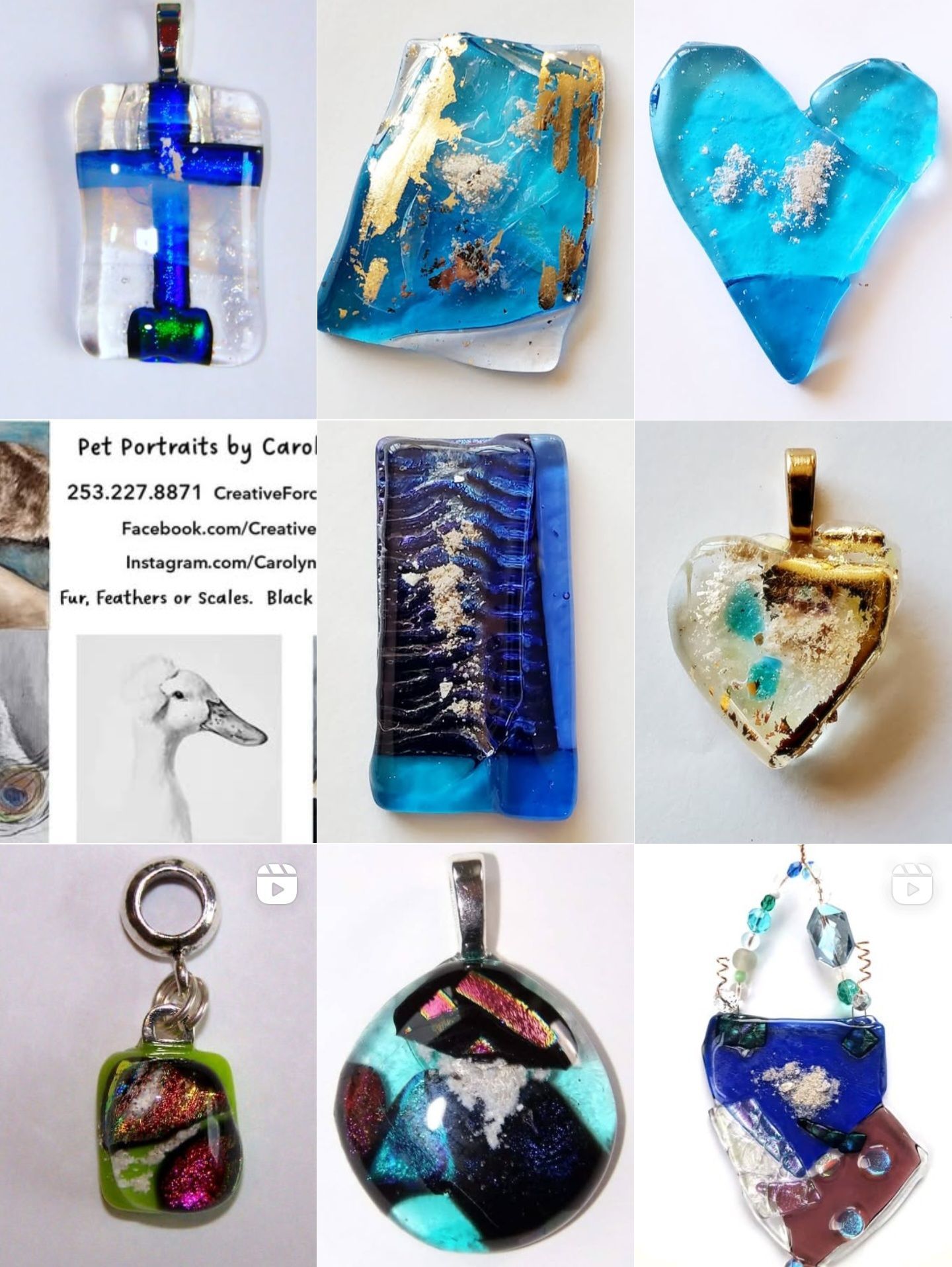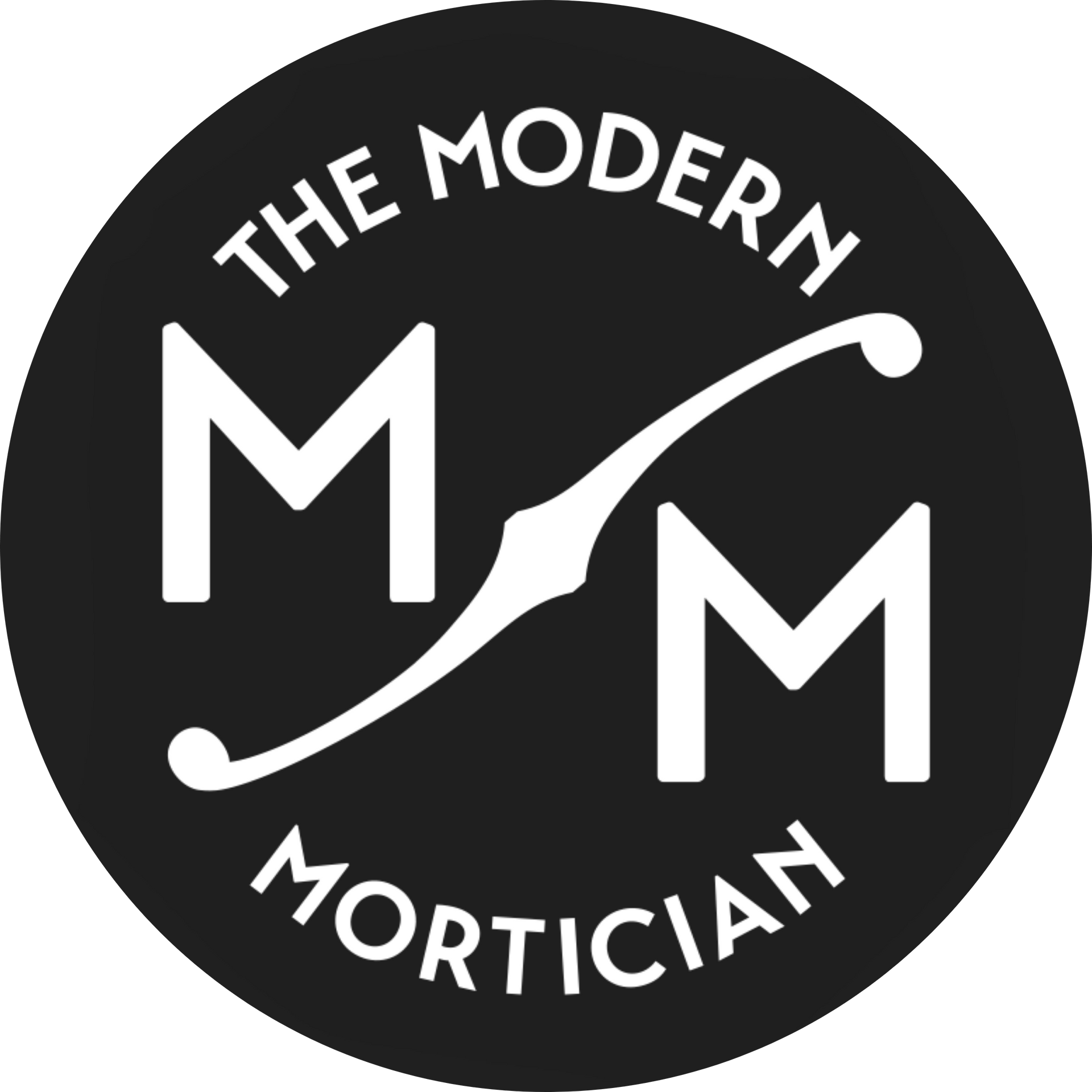The Vultures Among Us
The Vultures Among Us
Sales pushing and deception on the worst day of your life… it happens. Everyday, individuals and families lose a loved one. Sometimes it is expected, sometimes it is not. They go about making arrangements in a fog, unprepared, disconnected at times; grieving. They sit across a big wooden table from a suit, who is soft toned, guiding, and compassionate. Certainly this person has your best interest at heart. Or do they?
When faced with loss, many of us go into auto-pilot mode. In this state of mind, many do not question guidance of the funeral director, after all, this is what they do… they know best. $15k later, your loved one is buried beneath the ground, in an ornate box you saw for a combined total of 5 hours at most, inside another box that the funeral director assured you would keep the first box untouched by nature (again, after, you just put said boxes DIRECTLY into the heart of nature), after a church service you have slight recollection of. How did this happen?
Due diligence. Due diligence is an investigation of a business or person prior to signing a contract, or an act with a certain standard of care. We live in a culture scared to death of death. Many people simply ignore it until it is staring them straight in the face. But how do you price shop a funeral home? How can you be sure that you are getting a fair price and dealing with genuine individuals? Do your due diligence. Before death knocks on your door, visit funeral providers in your area, and ask for their GENERAL PRICE LIST. The Federal Trade Commission requires all funeral homes to supply a General Price List, or GPL, to anyone who requests it. They also have 2 additional lists to request: The Casket Price List and the Outer Burial Container List.
The General Price List is an important tool in figuring out who to trust. The GPL itemizes all of the goods and services that particular funeral provider offers with the cost listed. Much like a menu in a restaurant, the GPL allows you to select only those items you want, and it tells how much each will cost. This could be considered for shopping a la carte, or if comparing a funeral provider’s “package” pricing, which bundles services for a reduced rate than selecting by line item.
When you stop in to request these price lists, you are under no obligation to chit-chat whatsoever. But if you are the type of person who wants to speak with a funeral director when you visit, it is advisable to actually make an appointment first. Anyone other than the licensed Funeral Director is likely a sales person. There is nothing wrong with wanting to sit and speak with the actual person you are considering entrusting your family to. They may try to lead you into a room to wait for someone. If they do this, unless they are SPECIFICALLY going to get you a LICENSED Funeral Director, you will likely be seen by a sales person with a fancy title, like Planning Counselor, or Funeral Consultant. In my opinion, the title that matters for a first encounter should be the licensed Funeral Director.
Once you’ve gathered information, take the time to look everything over in private or with a friend or family member. Take notes, compare, and make an informed decision.
Another question to consider: Is this provider locally owned or corporate? Many funeral providers you may believe to be locally owned have been bought out by one of several corporate giants in the funeral service industry. They keep the old family business name, and some client families are never the wiser. There is one particular corporation that many of us refer to as The Evil Empire due to their reputation for sales pushing and notorious over-pricing. I do encourage you to visit one of these corporate locations, and compare their GPL and CPL, many with the same offerings and merchandise as the local funeral service providers. Locally owned firms will be quick to tell you they are not a corporation. The corporations in our industry are seriously a major part of what is wrong with funeral care, and some of the locally owned ones have been guilty as well.
My best advice is to research before you need us, because one of the most despicable things in this industry is how often people are preyed upon at the worst day of their life. Thankfully, there is a growing army of those of us fighting to change that.
New Paragraph












